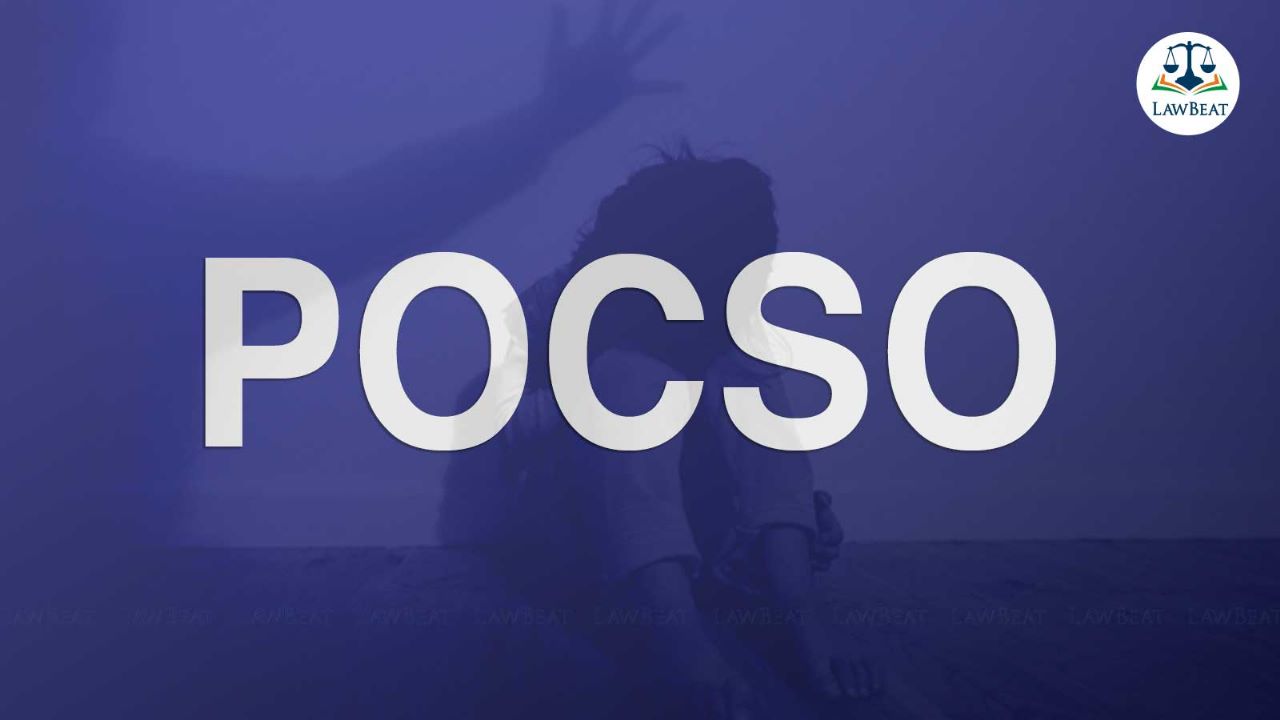Allahabad High Court Grants Bail in POCSO Case, Orders Accused to Marry Victim

While pressing for bail, the accused’s counsel assured the court that he was ready to marry the victim and to take care of their child
In a notable order, the Allahabad High Court recently granted bail to a man accused of offences under the Protection of Children from Sexual Offences (POCSO) Act on a condition to marry the victim and take care of the child born out of their relations.
The charges against the accused were of sexual assault under Section 376 of the Indian Penal Code (IPC), and relevant sections of the POCSO Act, for allegedly establishing a physical relationship with a 15-year-old girl under the false promise of marriage. This relationship purportedly resulted in the birth of a child.
The prosecution claimed that the accused exploited the girl, leading to her impregnation, and later reneged on his marriage promise while also threatening her.
On the other hand, the counsel for the accused argued that he was innocent, stating that the victim was an adult at the time of the incident, as determined by an ossification test, which pegged her age at 18. The counsel further pointed out that the victim had confirmed in her statement under Section 164 CrPC that no force had been applied against her.
The accused also expressed readiness to marry the victim and take responsibility for the child.
Despite opposition from the State, the court took into account the birth of a child from the relationship, raising complex questions about the nature of consent and the applicability of POCSO provisions in such cases. Court cited its previous rulings, including Ramashankar vs. State of U.P. and Atul Mishra vs. State of U.P., which had addressed similar concerns.
It emphasized that while legal provisions rightly frame sexual offences, a pragmatic approach was needed when considering cases involving consensual relationships between young individuals.
Court highlighted the importance of distinguishing genuine cases of exploitation from consensual relationships, noting that the latter require a more nuanced judicial approach.
Furthermore, court reiterated that bail should be considered the rule and imprisonment the exception, as upheld by the Supreme Court in cases such as Satender Kumar Antil vs. CBI and Manish Sisodia vs. Directorate of Enforcement.
It emphasized that the right to life and liberty, guaranteed under Article 21 of the Indian Constitution, must not be curtailed without just cause.
Therefore, finding that there were no material particulars or circumstances suggestive of the accused fleeing from justice or thwarting the course of justice or creating other troubles in the shape of repeating offences or intimidating witnesses, court allowed the bail plea.
However, in granting bail, court imposed several conditions on the accused. He is required to marry the victim within three months and deposit Rs 2,00,000 as a fixed deposit in the name of the newborn, ensuring her financial security until she reaches the age of majority.
Furthermore, court ordered that the accused shall appear for trial dates and refrain from tampering with evidence. The accused was cautioned that failure to adhere to these conditions could lead to the revocation of his bail.
Case Title: Abhishek Vs. State Of U.P. And 3 Others
